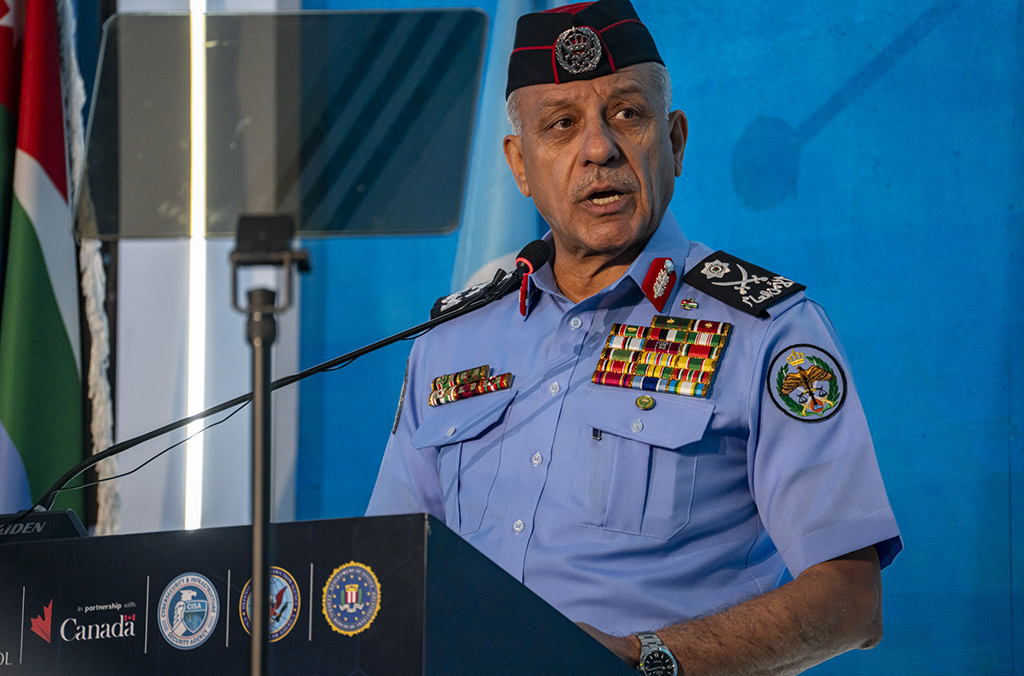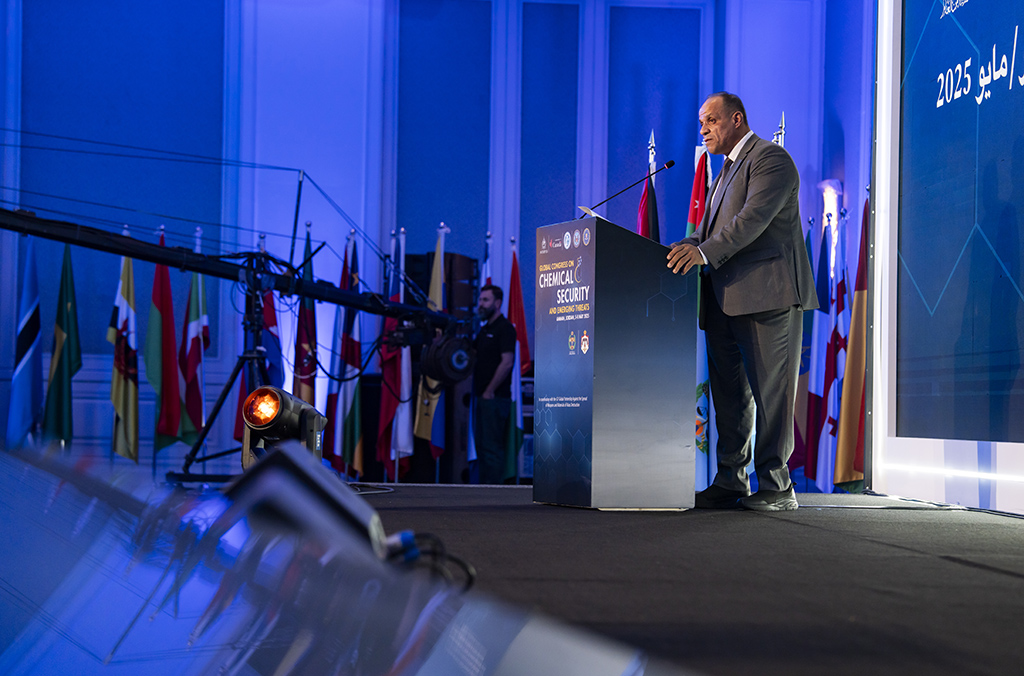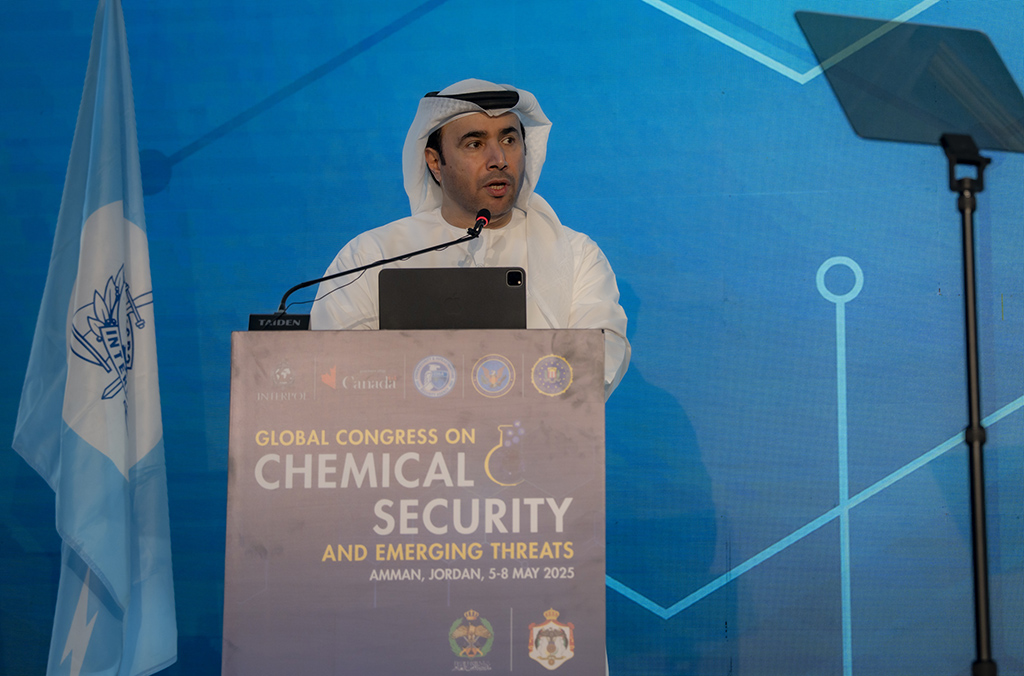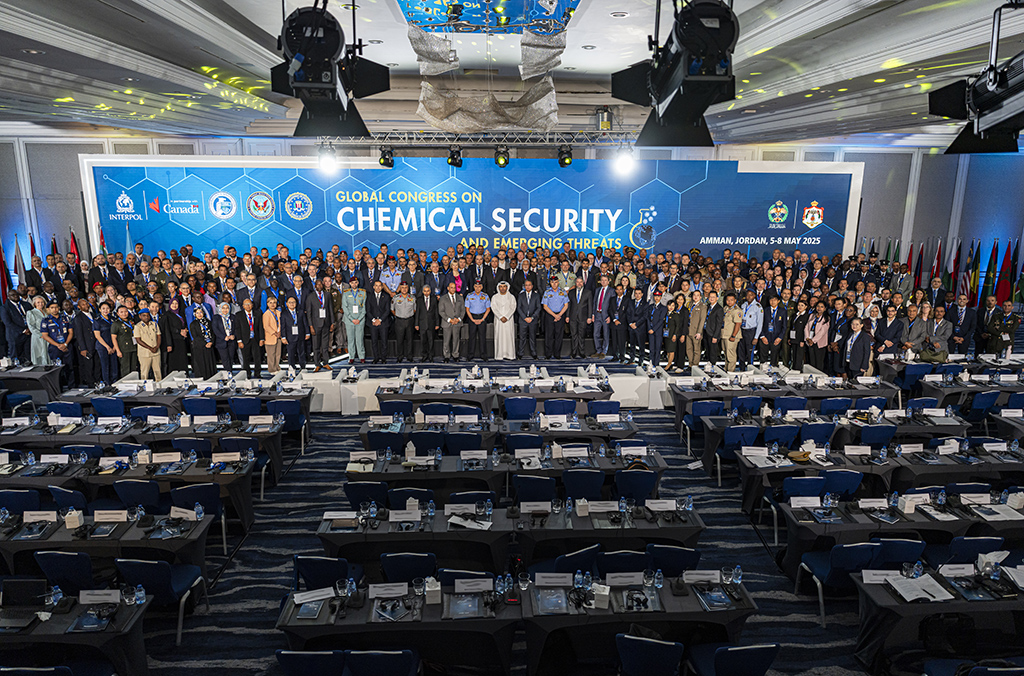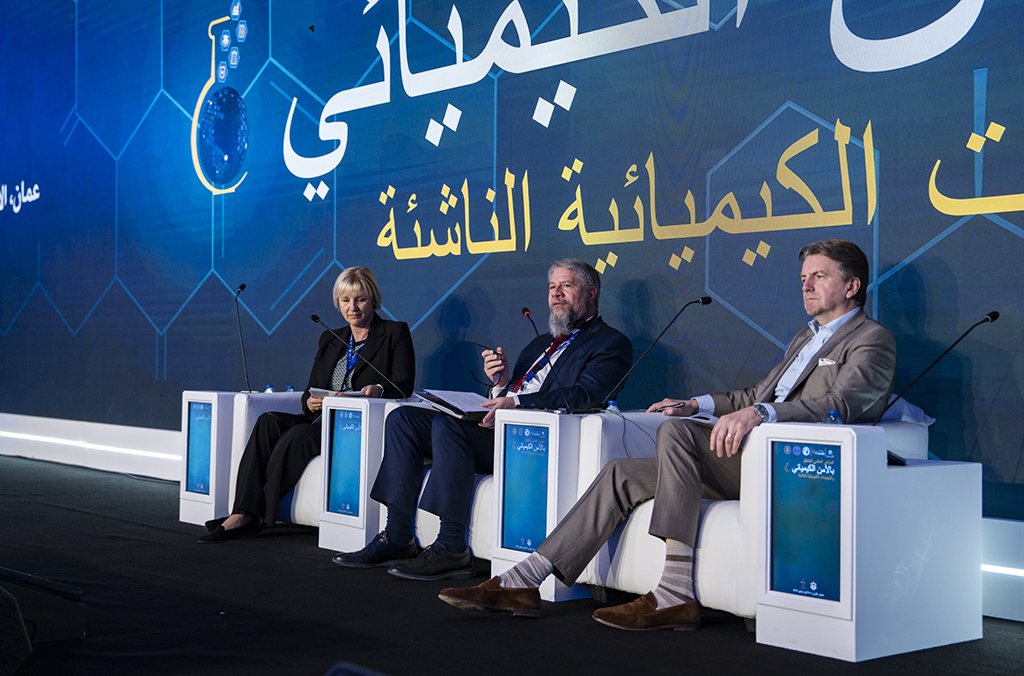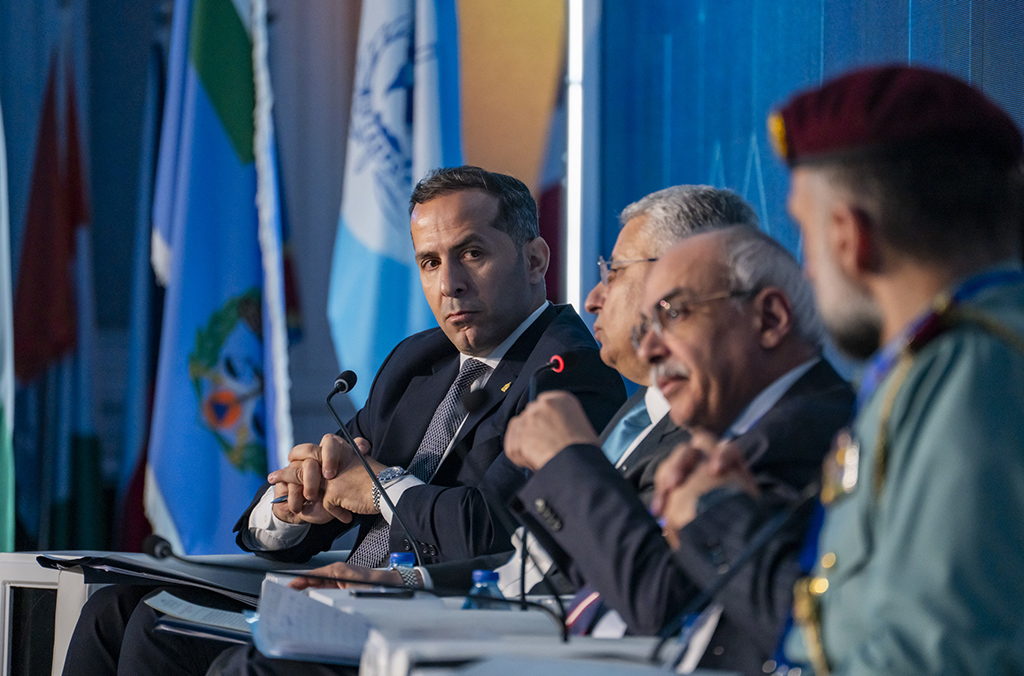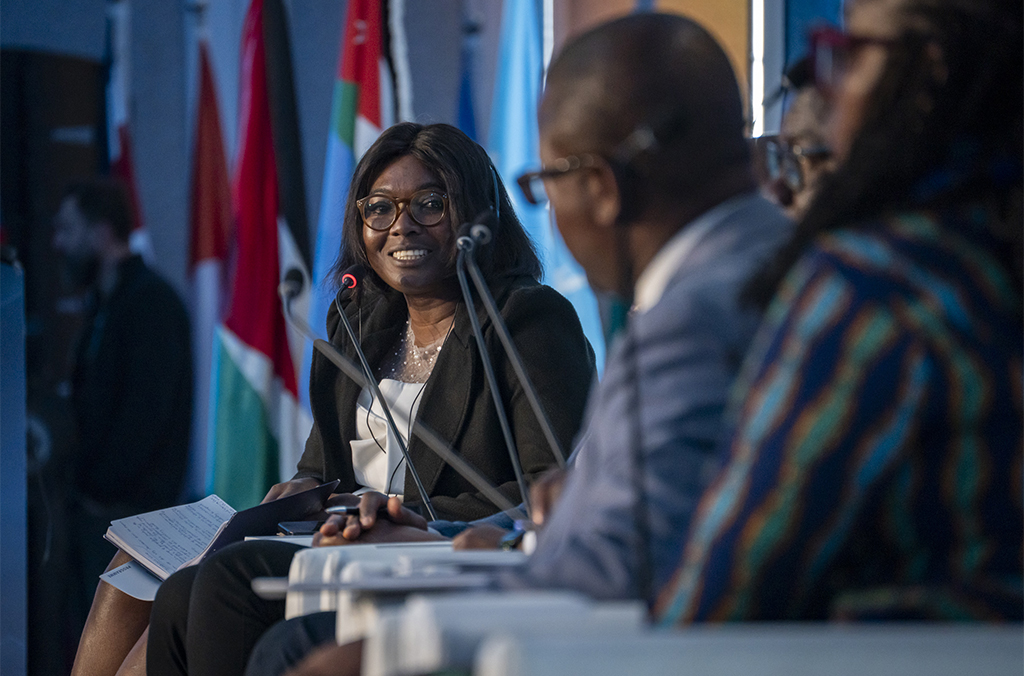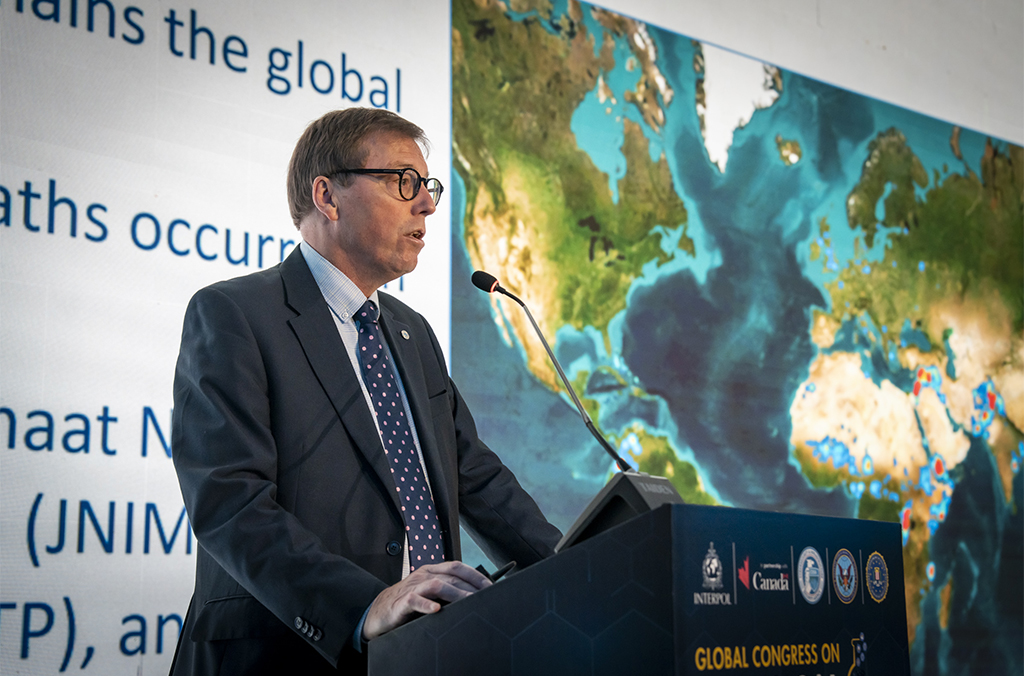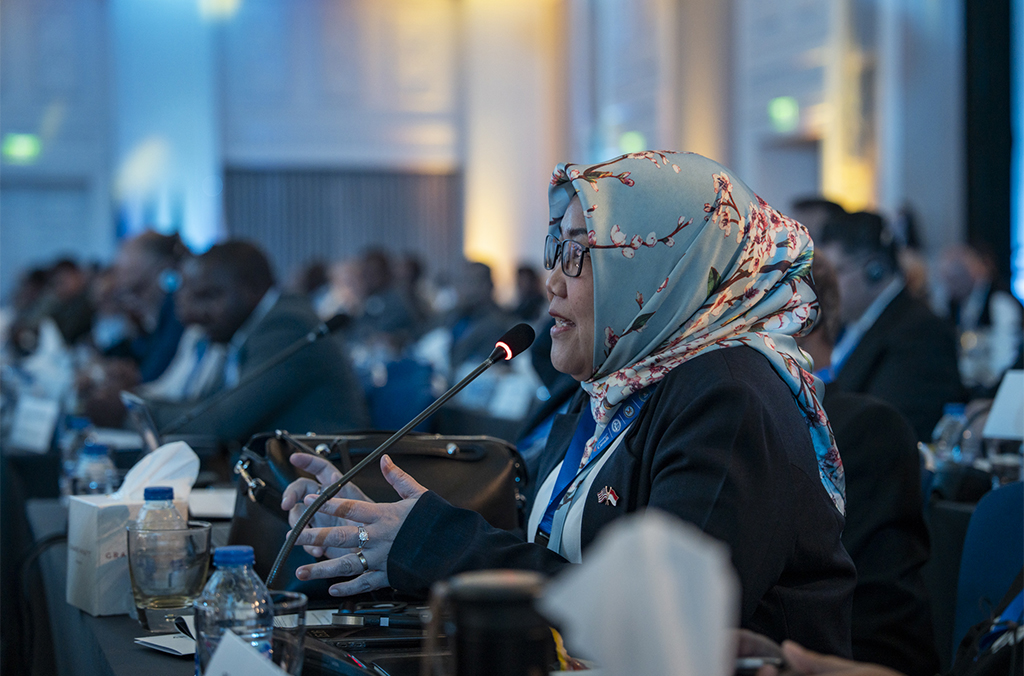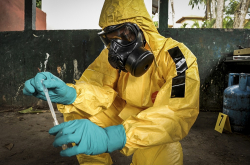AMMAN, Jordan – The Fifth Plenary Meeting of the Global Congress on Chemical Security and Emerging Threats has concluded with recommendations to boost global action against chemical security threats. These include strengthening regional networks, developing a centralized chemical database, and addressing challenges posed by emerging technologies and artificial intelligence (AI).
Chemical weapon threats continue to undermine the security landscape, with technological advancements increasing accessibility to chemicals of concern and advanced chemical dispersal mechanisms.
Emerging technologies, particularly artificial intelligence, pose significant concerns. Non-state actors are already using AI to create propaganda and plan attacks. Chemical synthesis and cyberattacks against chemical facilities are potential AI-facilitated threats.
The proliferation of weapons of mass destruction, with non-state actors exploiting vulnerabilities and trafficking hazardous materials, poses a significant threat. Fragmented regulatory controls exacerbate the illegitimate diversion of chemical precursors, and new technologies, including uncrewed systems such as drones, increase their range and threat potential.
Major General Al-Maaytah of Jordan's Public Security Directorate emphasized the global nature of chemical security:
"Chemical security is no longer only a national or regional responsibility, but rather a global priority requiring significant cooperation between governments and institutions."
Gathering 300 delegates from over 100 countries and six international organizations to forge a united front against these evolving threats, the four-day meeting (5 – 8 May) underscored the need for enhanced cooperation, public-private partnerships, and information sharing through a unified global platform coordinated by INTERPOL.
INTERPOL President Ahmed Naser Al-Raisi highlighted the importance of collective strength and partnerships:
"Chemical security is a global responsibility that demands our collective attention and action. We must commit to fostering a culture of shared responsibility and strengthen partnerships across borders, sectors, and disciplines to create a safer, more secure future for all."
The Global Congress, co-implemented by INTERPOL, Global Affairs Canada, the US Cybersecurity and Infrastructure Security Agency (CISA), the US Defense Threat Reduction Agency (DTRA), and the FBI, aims to cultivate a global and multi-sectoral culture of chemical security. Launched in 2018, it brings together international stakeholders to share expertise, develop innovative strategies, and promote cooperation and information sharing against chemical security threats.




